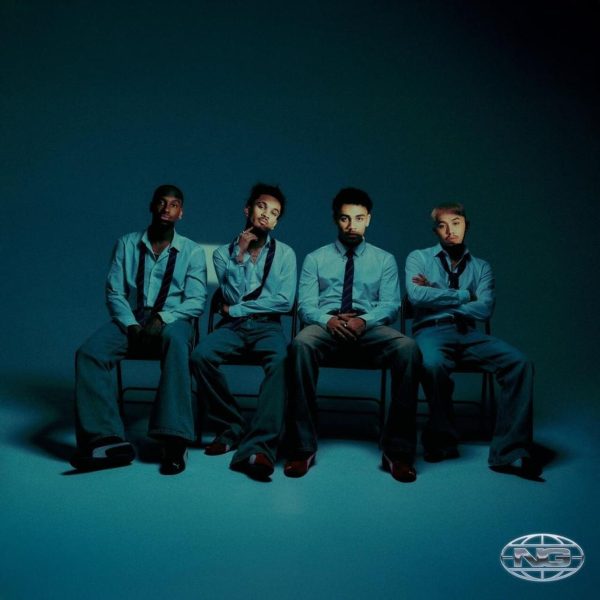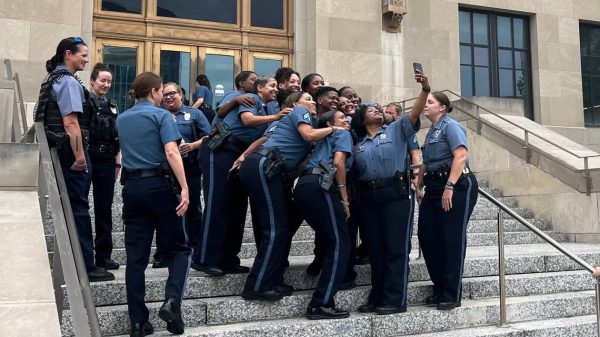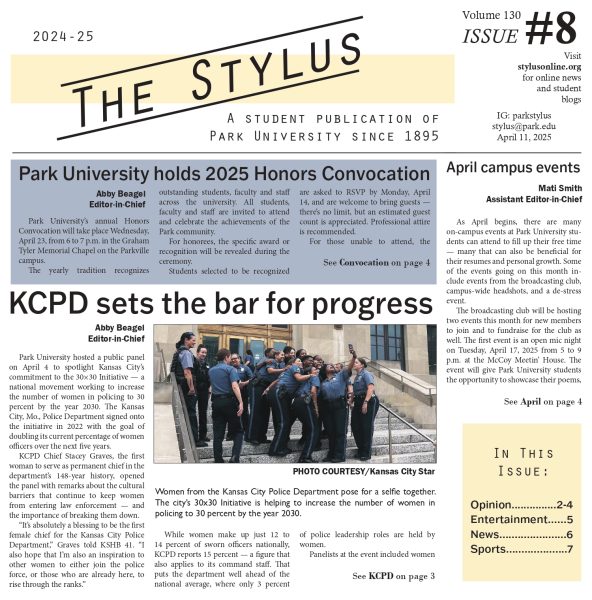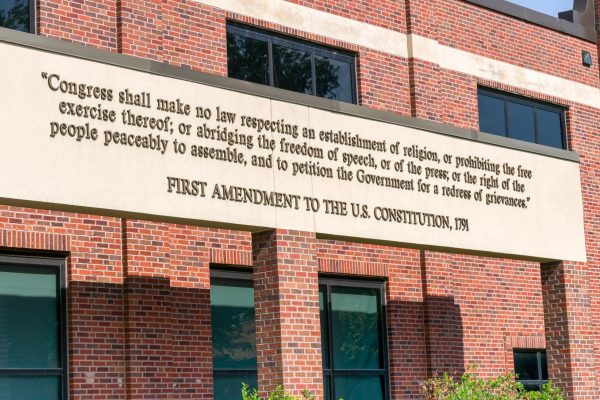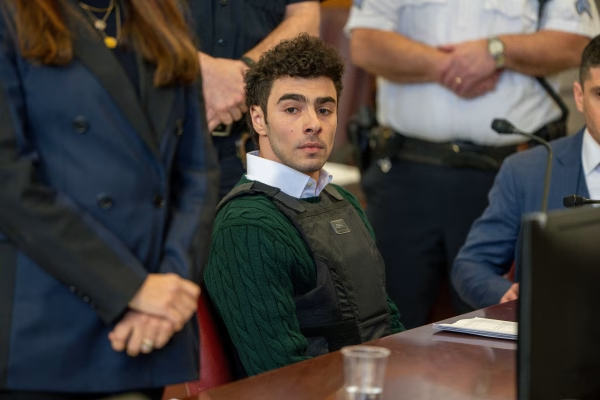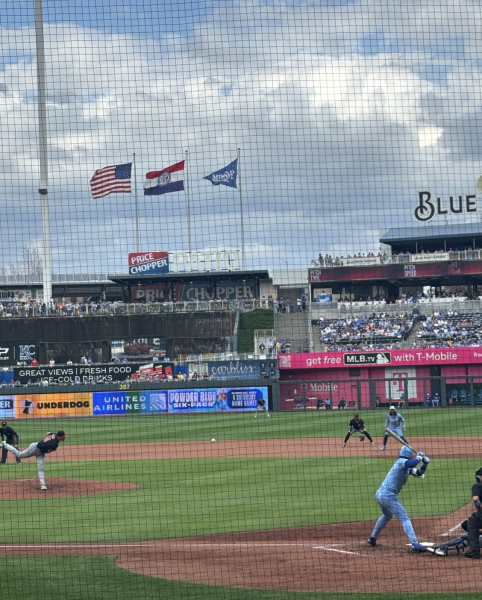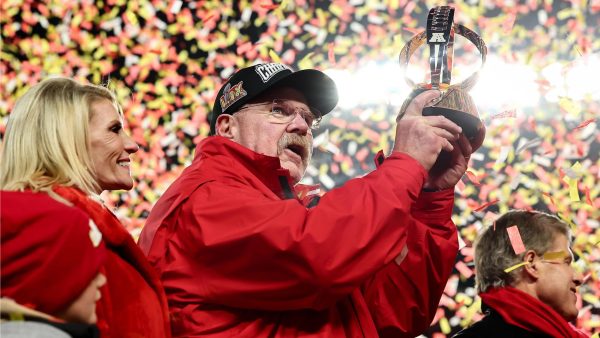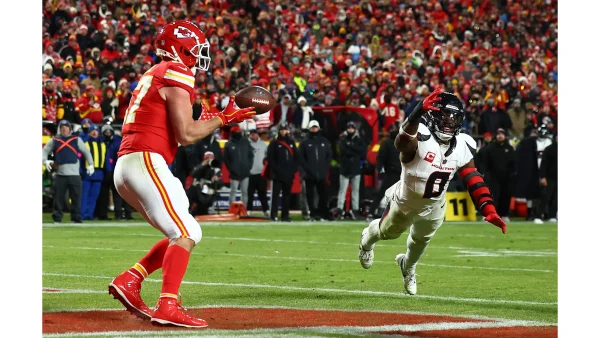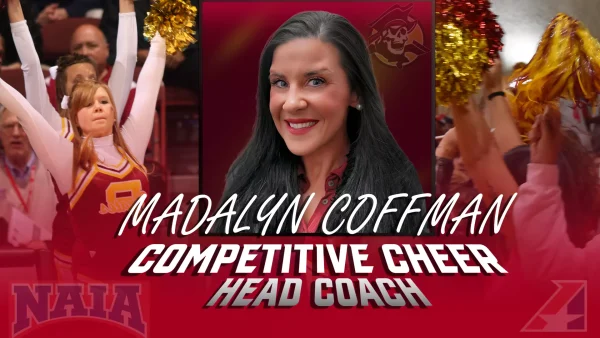Sports pave the way for international students to earn degrees
The United States is known as the land of opportunity. Every day, people from all around the world come to America to find jobs and achieve their life goals. Some of these immigrants use sports to reach their objectives and graduate. More than 17,000 international student-athletes are studying and competing at NCAA member institutions, according to the NCAA.
Marcus Lopes, from Brazil, is a defender on Park University men’s soccer team. After his high school graduation in 2017, Lopes decided to use his soccer skills to start his college career. He said he didn’t have the opportunity to study and play sports in his home country.
“Doing both things in a high level is what made me want to be a student athlete,” Lopes said. “Also the opportunity of getting to know different cultures and be part of a team representing the school is awesome.”
Derrick Omesa, from Kenya, had the idea to be a student-athlete in 2017. After talking with his parents, Omesa decided that a journey on another continent would be interesting. Last fall he began his college experience in the United States. According to him, the fact that college sports are big and competitive pushed him to make this decision. The freshman, majoring in international business, is completing his second semester and has already felt the difference in his life.
“Being so far away from home for so long has made me more responsible,” Omesa said. “Nobody is there to tell me what to do or what not to do, and nobody is there to do stuff for me too.”
The midfielder played 11 games for Park in his first season as a college player and scored two goals.
“I am super passionate about soccer and at the same time I know the value of education,” he said. “So I decided it’s better to be a student athlete and take care of my business on both ends.”
Coming to the United States is not so simple for some of these young adults. The majority of these athletes have to start their new journey far away from home without their family. Therefore, the adaptation process can be more difficult than it should be.
For Martin Castillo, a Chilean freshman majoring in fitness and wellness, the support he received from his family and friends was crucial to his start.
“They were really happy for the opportunity at the first moment, especially my family, because this option is not something that appears for everyone,” he said. “My friends were impressed because they didn’t imagine me in a country where the main language is English.”
With immigrants from all parts of the world, the cultural diversity has been special for these international students.
According to Castillo, the fact he has the opportunity to share a soccer field with players from different places in the world and know more about their cultures makes him happy and helps him to feel more comfortable when developing social skills in this new environment.
Some of these students have to manage their time between classes, practices and, in some cases, work. Elcio Vicente, a Brazilian freshman majoring in business management, works at the college’s cafeteria and has to manage his time very well in order to succeed in his activities.
“I usually do my college stuff really late, that way I’m able to work, practice, go to classes and workout during the day,” Vicente said. “In my opinion, deal with all these things together is one of the most difficult things.”
According to Omesa, the fact he has soccer and school going on at the same time can make his personal life harder. But, this helps students to learn how to balance out their life and prioritize what must be done.
For immigrants, earning a degree from the United States can be very helpful when returning to their home country. For Lucas Silva, a Brazilian who graduated with a degree in economics at Park University, the fact he has an American degree was crucial to finding a job. Silva graduated in May 2018 and started his new job as an operation analyst at the beginning of 2019.
“The fact that I have an American degree was very helpful to me when I was doing the job interview,” Silva said.
Silva lived almost three years in the United States and developed important skills. According to him, living alone in a different country made him grow up as a man. Also, the fact he speaks English, living in a country where the native language is Portuguese, was the key for him to get a good job.
“If someone is able to have the same opportunity that I had should not think too much, he should just go,” he said. “It is an amazing experience.”
Your donation will support the student journalists of Park University. Your contribution will allow us to cover our annual website hosting costs, freeing up other funds for equipment, printing and training.



